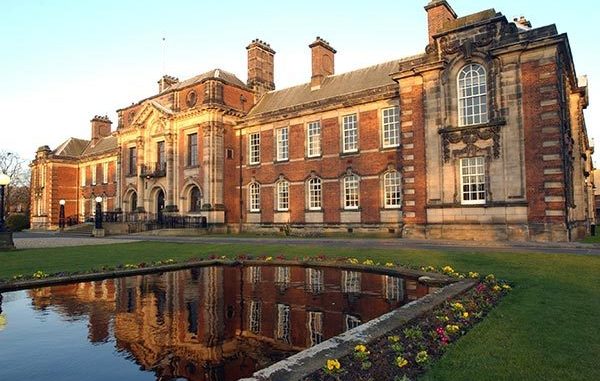
The leaders of opposition political groups on an incoming unitary authority have raised red flags over a plan to fill the void left by the abolition of seven district and borough councils by launching 30 unelected and unfunded “Community Networks”.
A series of concerns have been raised ahead of North Yorkshire County Council’s executive next Tuesday considering establishing Community Networks to act as the “engine rooms” for social and economic change and to identify the priorities of communities across England’s largest county.
The leaders of the Liberal Democrat, Labour, Green and Independent groups, which collectively secured 59 per cent of the votes at last May’s election, said both they and some members of the ruling Conservative group, which has a two-seat majority, had significant reservations over the move.
A statement issued by the council on Tuesday, said the networks, which it is hoped will include representatives of a wide range of organisations, such as parish councils, police and the NHS, were being seen as “a hugely important element of the new North Yorkshire Council”, which will be launched on April 1.
It is hoped the networks will build on existing relationships and partnerships between the public, private and community and voluntary sectors, including the close working arrangements that were developed during the Covid-19 pandemic.
The statement highlighted how the networks would include councillors and receive support from senior council officers, but would be independent of the new authority and be responsible for driving forward action plans centred
on a specific area’s priorities.
North Yorkshire County Council’s leader, Councillor Carl Les, said: “While North Yorkshire Council will cover the largest geographical area of any local authority in the country, we are committed to being the most local too.
“The community networks will be invaluable to ensuring that the voices of communities across North Yorkshire are heard, and that local needs and priorities can be addressed.”
Labour group leader Councillor Steve Shaw Wright said while the proposed organisations were “a start”, due to their lack of powers the networks would “end up like talking shops where people come and tub thump” and feature parishes with vastly different budgets and priorities.
He said: “They don’t seem to make much sense at the moment. My patch is so diverse, trying to get something that works for everybody is going to be difficult.”
Councillor Andy Brown, leader of the Green group, said he did not understand how Community Networks would help and that there was a risk of confusion between the roles of parish and town councils, the county authority’s area constituency committees and the unitary council and mayoral combined authority.
He said: “I don’t understand when they were approved or how their geography was determined. My biggest concern is nobody consulted the local councillors about the geography of these networks. If you are going to have Community Networks they have to be communities.”
Independent group leader Councillor Stuart Parsons said the Community Networks would have “no power to make decisions or determine anything”.
He said: “How these organisations are supposed to have any impact is beyond me. For example, if a Community Network was to make a recommendation to increase bus services the unitary council’s executive could just turn round and say it can’t afford it. There’s nothing for these networks to have any bite.”
Councillor Bryn Griffiths, the leader of the Liberal Democrat group, said although it was positive that members of communities would be working together to achieve a common goal, there were issues over the networks’ governance, accountability and how they would be financed.
He said: “There is potential for these networks to be hijacked by individuals for their own purposes and the role of elected members could be circumvented. I also have concerns they will go their own way and do their own thing.”


Be the first to comment